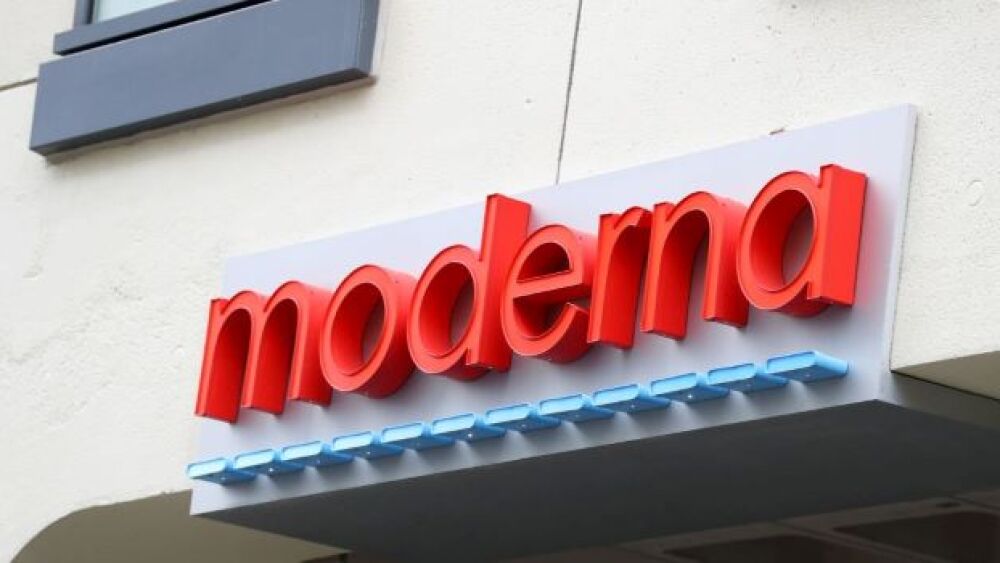Moderna is poised to commercialize its COVID-19 and influenza combination vaccine by the fall of 2023, with some potential for the same drug to also be viable against the RSV.
Maddie Meyer/Getty Images
Moderna is poised to commercialize its COVID-19 and influenza combination vaccine by the fall of 2023, with some potential for the same drug to also be viable against the respiratory syncytial virus (RSV).
Speaking at the World Economic Forum today, Moderna chief executive Stéphane Bancel hopes to develop a single annual booster dose to eliminate the need for people to get two to three jabs every time the winter season nears. Bancel did not give any details on the timeline of the vaccine’s release other than predicting that they might do so next year.
The COVID-19 booster shot is currently being evaluated in several Phase III studies, while its efficacy and safety as a treatment for flu is still being developed and could progress to Phase III trials in the following months. In September last year, Moderna had also hinted at the possibility of using the same shot for RSV and other similar respiratory diseases.
RSV affects the respiratory tract and the lungs and is so common that it also affects babies and young children. While symptoms are typically the same as having a cold, they can lead to life-threatening problems when they remain unaddressed. Without the proper interventions, RSV could develop into bronchiolitis or pneumonia.
At present, COVID-19, flu and RSV each have their own vaccines and booster doses. By combining the three into a single shot, Moderna aims to make access simpler and more convenient for everyone.
Moderna’s COVID-19 vaccine utilizes mRNA technology, and the initial series is administered intramuscularly in two shots, 28 days apart. Those who are moderately or severely immunocompromised are advised to get a third dose at least 28 days after their second injection.
When used as a booster, it should be given at least five months after the initial series is completed. The Moderna vaccine is one of the two vaccines that the Centers for Disease Control and Prevention recommends for boosters, alongside Pfizer-BioNTech‘s product.
In October last year, the company said that its vaccine may be safe for use in children ages six to 12 years old after its Phase II/III KidCOVE trial showed strong neutralizing antibody responses in the over 4,700 participants who received it. The geometric mean ratio (GMR) was 1.5, with a seroresponse rate of 99.3%.
The vaccine has an emergency use authorization (EUA) status from the U.S. Food and Drug Administration.





